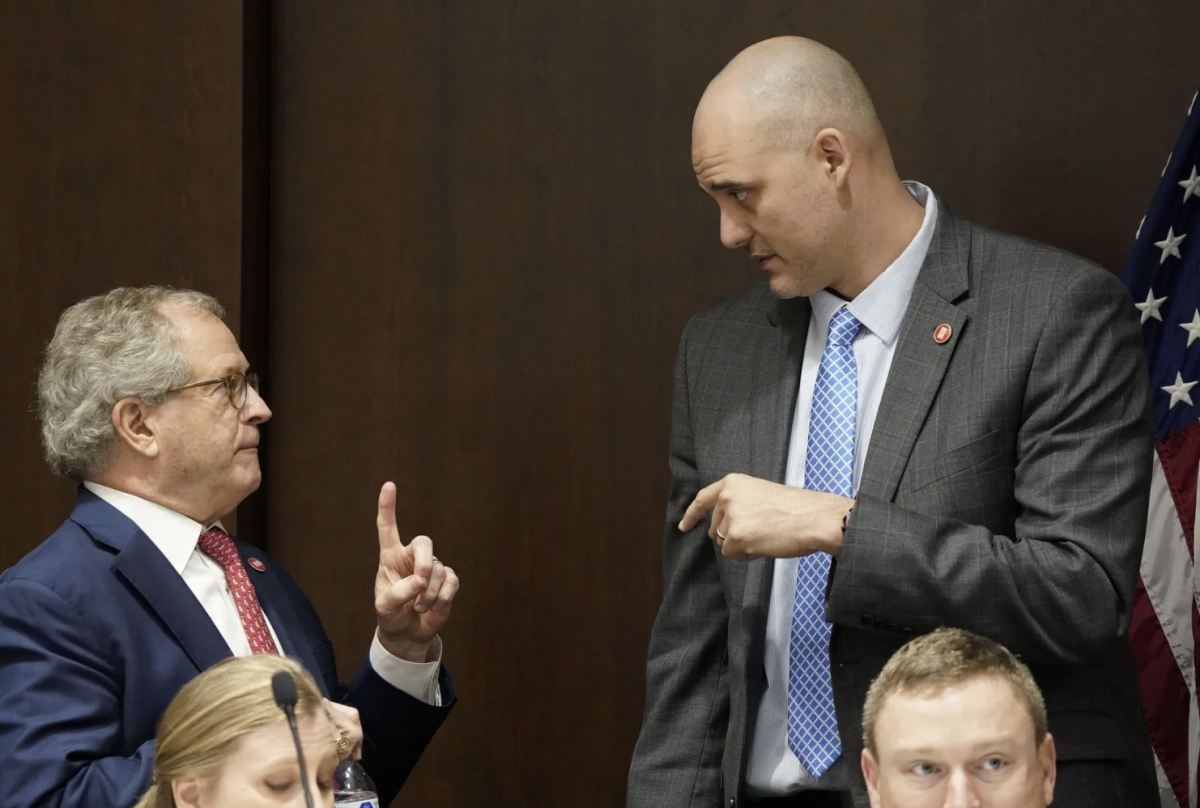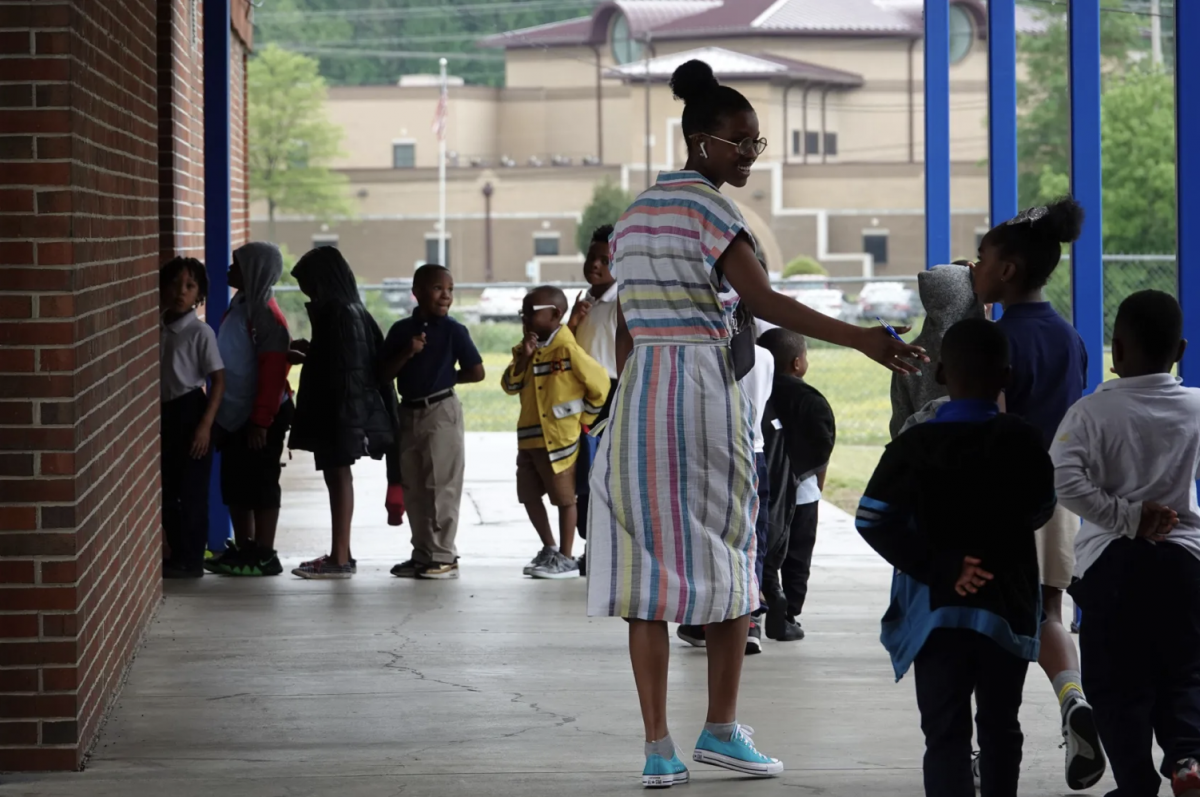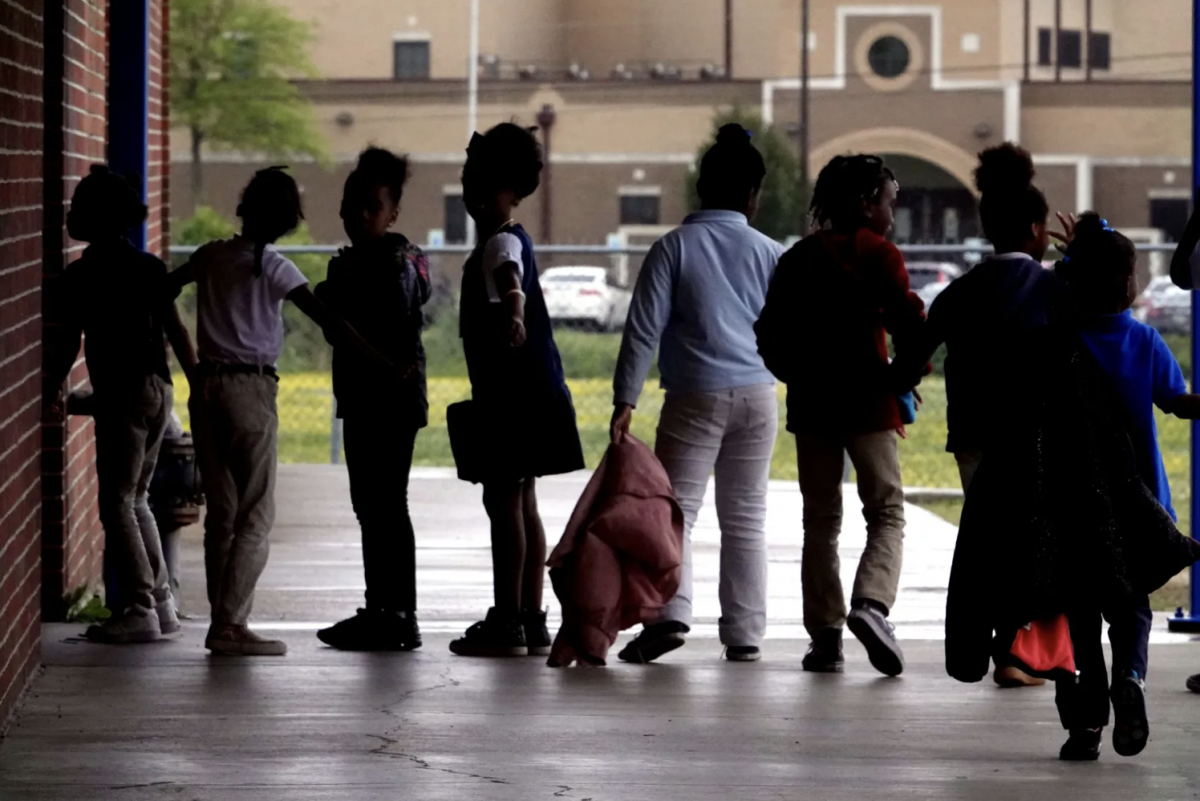Tennessee, which once counted on Mississippi’s worst-in-the-nation reading scores to elevate its own national ranking for literacy, is now looking to its neighbor to the south as a role model for how to improve.
In a turnaround dubbed the “Mississippi miracle,” the state saw its fourth-grade reading scores on a national test rise dramatically between 2013 and 2019, even for historically marginalized groups like Black and Hispanic students. Mississippi also maintained its reading gains in 2022, while scores in most other states declined after the pandemic caused unprecedented disruptions to schooling.
Now under several 2021 laws, Tennessee is employing many of the same tactics that Mississippi did under its 2013 law. Among them: prioritizing reading improvements and investments in grades K-3, training teachers on the “science of reading,” including an emphasis on phonics, and — most controversial of all — requiring third graders to pass a state reading test to get promoted to the fourth grade.
Carey Wright, Mississippi’s education chief from 2013 to 2022, praised Tennessee during testimony Wednesday before state lawmakers in Nashville who are considering whether to make changes to Tennessee’s policies for holding third graders back.
“You are really to be commended for the comprehensive nature in which you’ve approached this topic,” she said, noting that Tennessee has even required its teacher training programs to change how they teach reading instruction, which Mississippi did not.
Wright cited a recent Boston University study finding that Mississippi third-graders who were retained under that state’s law went on to achieve substantially higher scores in English language arts by the sixth grade. The study also found that retention had no impact on other outcomes such as attendance or identification for special education.
But national research about retention is mixed. Critics argue that there are more risks than benefits — from negative social and emotional effects to a disproportionate impact on student groups who are already marginalized, such as those who come from low-income families, are of color, or have disabilities.
Literacy is foundational to all subsequent learning, and third grade is considered a critical marker. As the old saying goes: You learn to read up until the third grade, and after that, you read to learn.
But for years, reading scores have been mostly stagnant in Tennessee, with only about a third of the state’s third graders showing proficiency based on state tests.
In 2011, lawmakers passed a retention law to try to address the problem, but the statute was largely unenforced, with few third graders being held back by local school leaders.
“So here we are 12 years later having the same discussion,” said Rep. Mark White, who chairs the House Education Administration Committee and helped pass the state’s new reading and retention policies.
“I personally am grateful that we passed a retention law … because now we have everybody’s attention,” the Memphis Republican said to kick off Wednesday’s hearing.
House leaders have compiled a list of 14 bills that aim to revise or tweak the law. They range from gutting the retention provision altogether to giving local districts more authority to determine which students should be held back. Gov. Bill Lee pressed for the 2021 law and wants to stay the course.
To avoid retention, the law says third graders whose scores on state tests show they are “approaching” proficiency must attend a summer camp and demonstrate “adequate growth” on a test administered at the camp’s end, or they must participate in a tutoring program in the fourth grade. Students who score “below” proficiency must participate in both intervention programs.
Third graders are exempt from retention if they were held back in a previous grade; have or may have a disability that affects reading; are English language learners with less than two years of English instruction; or retest as proficient before the beginning of fourth grade.
Parents also can appeal a retention decision if their child performed at the 40th percentile on a different test that allows for comparisons with national benchmarks, or if the child experienced an event that reasonably impacted the child’s performance on the TCAP test.
While Tennessee’s tutoring and summer learning programs are popular, many parents and educators dislike the part of the law that makes results of the state’s standardized TCAP test for English language arts the only criterion to determine whether third-graders can progress to the fourth grade. Numerous school boards also have passed resolutions urging the legislature to revisit the new retention policy.
On Wednesday, several district superintendents echoed that call.
“I respectfully ask that you allow districts to use multiple data points when making the monumental decision to retain a student, which can have serious long-term consequences,” said Gary Lilly, director of Collierville Schools in Shelby County.
Beyond the state’s test, school districts generally give students multiple assessments that are specifically designed to gauge reading progress. All of those results could be considered, Lilly said, along with other factors such as a student’s overall achievement, attendance record, and emotional and social maturity.
Lilly noted that Tennessee also has among the nation’s highest thresholds for measuring proficiency. The state began working to raise them when a 2007 U.S. Chamber of Commerce report gave Tennessee an “F” for truth in advertising, because its standards were so low that most students were deemed proficient.
But Lilly suggested that Tennessee may want to rethink those high thresholds.
“I am not advocating to decrease the rigor of our standards,” he said. “What I am saying is that the TCAP test should not be viewed as the definitive authority to target students for retention.”
The state’s one-year timeline for implementing the new retention policy at scale is another concern.
Jeanne Barker, director of Lenoir City Schools, said her district won’t receive TCAP results until after the school year ends, leaving little time for students to take the test over or for families to decide about attending summer learning camps or appealing retention decisions to the state education department.
Penny Schwinn, Tennessee’s education commissioner, acknowledged the “tight timeline” but testified that no parent should be surprised by the end of the school year if their child is identified as having a reading deficiency.
“Parents should be receiving notification that their child may be at risk for needing additional supports two times before we even get into testing season,” said Schwinn, adding that preliminary TCAP results will become available the week of May 19.
Policy conversations that began with third grade reading continue to gravitate toward earlier grades.
Wright said Mississippi’s playbook emphasized the importance of literacy instruction and interventions for struggling readers as early as possible.
“My goal was that, by the time third grade came around, there shouldn’t even be an issue around third grade,” she said. “We should have captured those kids a long time ago and made sure that they were getting the interventions and the help that they needed.”
Tennessee education advocates shared similar sentiments.
Nancy Dishner, president and CEO of the Niswonger Foundation supporting students and educators in East Tennessee, said her biggest concern about Tennessee’s current initiative is that “we’re not doing it early enough.”
“We have to move back,” Dishner said. “Birth is when we need to start helping our kids, not when they enter elementary school.”
Amy Doren, a 35-year educator and former coordinator of early childhood programs at Kingsport City Schools, agreed.
“Children’s brains develop 90 percent to capacity by age 5. So why would we not seek to make an impact in those early years?” Doren asked. “That’s where we want our children to learn to be problem-solvers and critical thinkers, so that when they get to the third grade, they’ll be ready to handle it.”
Marta Aldrich is a senior correspondent and covers the statehouse for Chalkbeat Tennessee. Contact her at maldrich@chalkbeat.org.
Chalkbeat is a nonprofit news site covering educational change in public schools.









